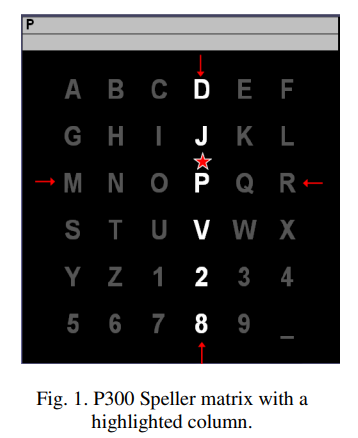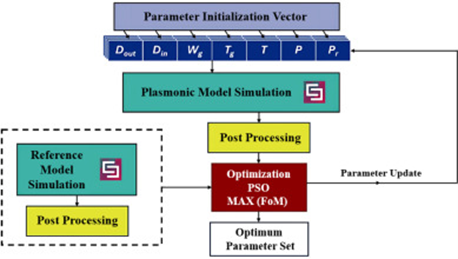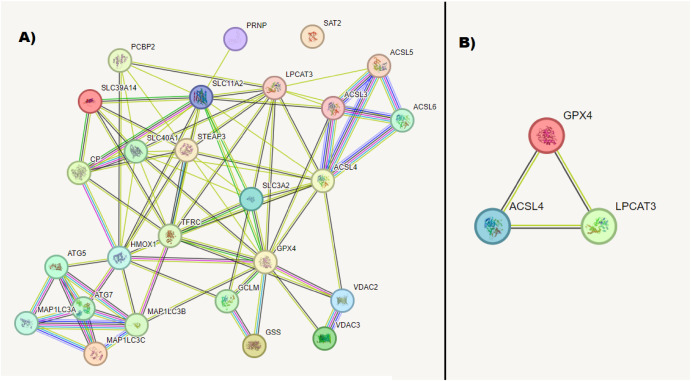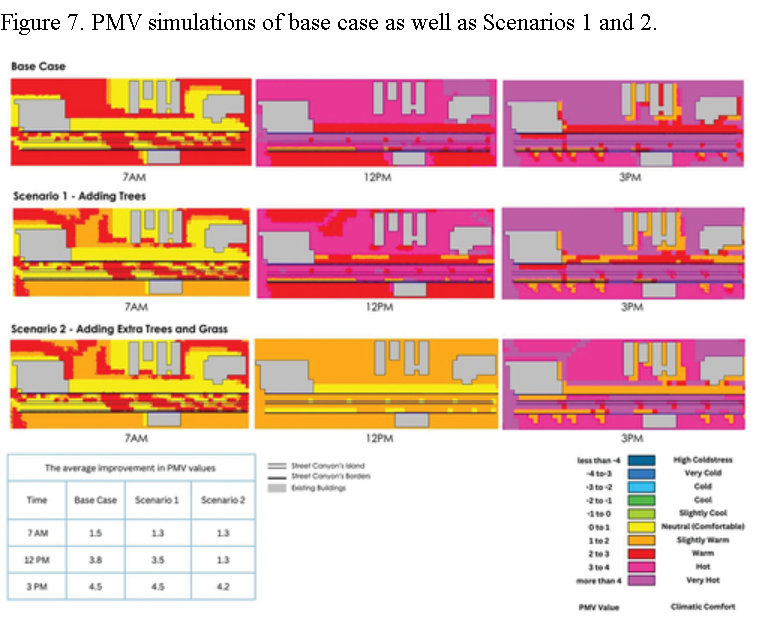

Machine learning methodologies in Brain-Computer Interface systems
Brain-Computer Interfaces (BCI) is a one kind of communication system that enables control of devices or communication with others only through brain signal activities without using motor activities. The main application for BCI is to provide an alternative channel for helping disabled persons, hereafter mentioned as subjects, to communicate with the external world. This paper tries to demonstrate the performance of different machine learning algorithms based on classification accuracy. Performance has been evaluated on dataset II from BCI Competition III for the year 2004 for two subjects 'A' & 'B' and dataset IIb from BCI Competition II for the year 2003 for one subject 'C'. As a primary stage, a preprocessing was applied on the samples in order to extract the most significant features before introducing them to machine learning algorithms. The algorithms applied are Bayesian Linear Discriminant Analysis (BLDA), linear Support Vector Machine (SVM), Fisher Linear Discriminant Analysis (FLDA), Generalized Anderson's Task linear classifier (GAT), Linear Discriminant Analysis (LDA). BLDA and SVM yielded the highest accuracy for all 3 subjects. BLDA algorithm achieved classification accuracy 98%, 98% and 100%, SVM algorithm achieved 98%, 96% and 100% for subjects 'A', 'B' and 'C' respectively. © 2008 IEEE.



